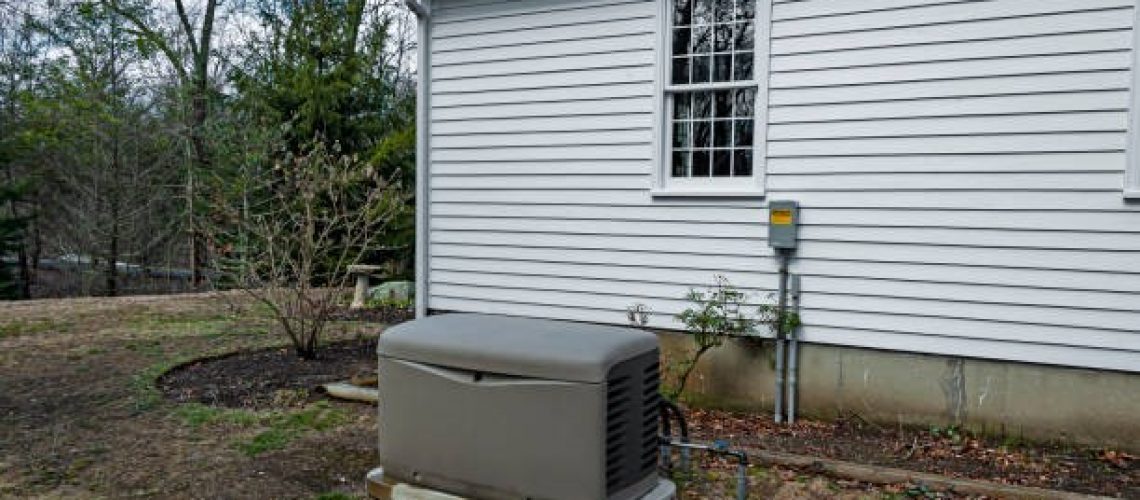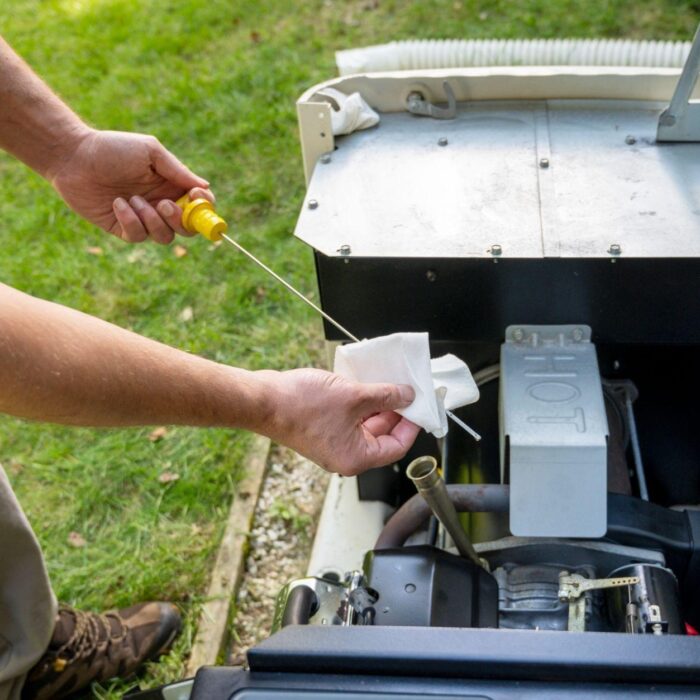Every homeowner dreams of having reliable backup power, and standby residential generators make that possible. But before investing, it’s essential to understand the installation process. Knowing what to expect ensures a smooth experience and helps you prepare for a seamless transition to an uninterrupted energy supply. So, let’s dive in.
Site Assessment and Choosing the Right Generator
Before installation begins, a professional will assess your home’s power needs and determine the best generator size based on your appliances and electrical system. This step ensures your household runs efficiently during an outage without overloading the unit.
Getting a Quote and Installation Timeline
Once the assessment is completed, the next step is getting a detailed quote. The estimate will typically include the cost of the standby residential generator, installation, permits, and any upgrades to your electrical system. At this stage, the technician also provides a timeline, which varies depending on unit availability, permit approvals, and weather conditions.
Finding the Right Spot for Installation
Placement is also key. To ensure safety, generators must be positioned safely from windows, doors, and vents to prevent exposure to carbon monoxide. A licensed electrician will check local codes and obtain necessary permits to keep everything up to standard.
Preparing for Installation Day
On installation day, the technicians may lay a concrete pad to ensure a level ground. A transfer switch, which automatically shifts power from the grid to the generator, will also be put in place.
The electrical and fuel connections are then completed. A licensed contractor must handle the hookup to ensure everything is safe and operational. Once installed, the system will undergo thorough testing to confirm proper functionality.
Post-Installation and Maintenance
After installation, the technician must walk you through how the generator works. They will show you how to operate the unit and the support it requires, like the oil change needs and routine inspections. If maintenance plans are available, they can explain your options, allowing you to outsource upkeep and keep the system reliable for years.
Get Reliable Power with a Professional Installation
A standby residential generator is an investment in security and comfort. By understanding the installation process, you can be confident about adding backup power to your home. If you’re ready to safeguard your property against outages, contact Generator Supercenter of Savannah for quality service.





